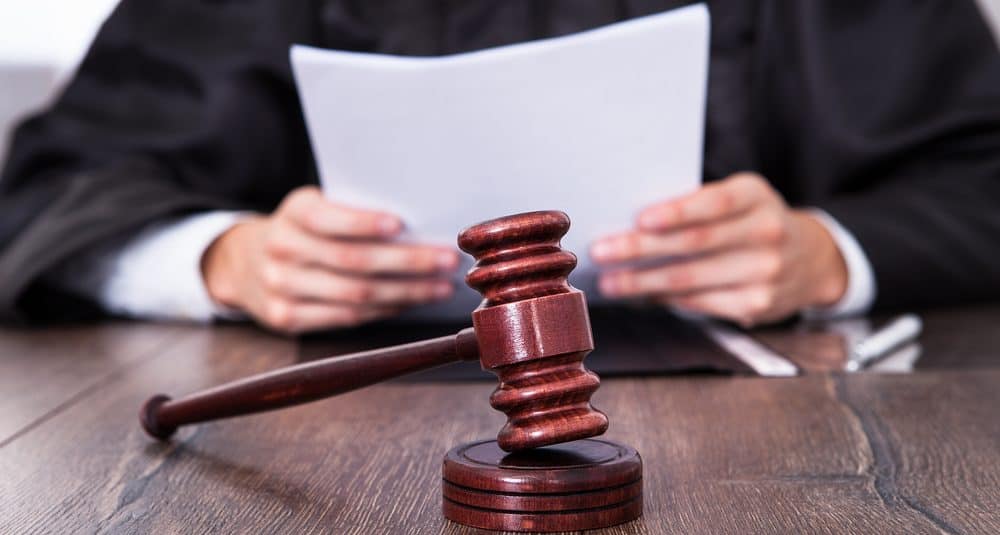
What Does It Mean If a Protective Order Has Been Filed Against Me?
Movie dramatizations often make protective orders seem like magical orders that immediately strip alleged abusers of their rights and freedoms. In reality, protective orders take time to instate, and respondents (the accused) can take certain actions to protect their rights. After receiving a protective order notice, accused individuals need to proceed cautiously to avoid further legal action.
The Role of Protective Orders
Protective orders are enforceable documents designed to protect victims of abuse from future threats or acts of violence. When used properly, protective orders give victims an opportunity to leave toxic circumstances without fear of reprisal. Anyone who violates a protective order may face criminal consequences.
Courts typically grant protective orders in family violence cases involving spouses, dating partners, or co-parents. They will also grant protective orders in cases involving sexual assault and stalking. An adult household or family member, an adult filing on behalf of a child, a prosecutor, or the Department of Human and Regulatory Services may all apply for protective orders. To obtain a protective order, the applicant must file an affidavit or declaration that:
- The abuser has hurt or threatened someone, and
- The applicant fears future acts of harm
A protective order can legally force the alleged abuser to:
- Leave a shared home and not return
- Leave a shared vehicle with the filer
- Avoid hurting or threatening those listed in the order
- Avoid contacting or going near those listed in the order (pets, other relatives, and children)
- Hand all firearms over to law enforcement officials
Anyone can file for a valid protective order for free. The court may require the alleged abuser to pay the associated fees. Protective orders do not provide applicants with around-the-clock police protection. They only act as legal protection.
Types of Protective Orders
The state grants four types of protective orders:
- Magistrate’s Order for Emergency Protection (EPO). After an arrest related to family violence, stalking, sexual assault, or human trafficking-related arrest, the state may grant an EPO. This type of order bans the alleged offender from making threats, showing up in certain places, committing future harmful acts, and/or communicating with the victim or others listed in the order.
The applicant does not need to attend a hearing to obtain this type of order. The state will automatically issue EPOs in serious family violence incidents. An EPO may expire anywhere from 31 days to 91 days after issuance.
- Temporary Ex Parte Protective Order. If a judge sees evidence of a clear threat, he or she may grant a temporary protective order lasting up to 20 days. Designed to fill in the gap between an accusation and more permanent measures, the temporary order can prevent the accused from taking certain actions. For a temporary order to apply, the applicant must receive an official document containing the order.
An alleged offender may file a motion to vacate the order at any time during the 20 days. The state will criminally enforce Temporary Ex Parte Protective Orders if the accused was served with the order. To receive continued protection, an applicant must attend the scheduled hearing for a more permanent protective order.
- Final Protective Order. To receive a final protective order lasting a maximum of two years, the alleged offender (respondent) must receive notification of the order and hearing (be served), and the applicant must attend the hearing. During the hearing, the applicant will give his or her side of the case. If present, the respondent can offer his or her side of the case, too. Upon hearing the facts, the judge will make a determination for a protective order.
- Extended Protective Orders. While most protective orders last for two years, the judge may grant an extended protective order that lasts for the lifetime of the victim, the lifetime of the offender, or any time between two years and a lifetime.
Options for a Respondent During a Protective Order Hearing
At a hearing, a respondent can take steps to protect his or her rights. A respondent can accept the terms of the order, fight the accusation, or negotiate the terms of the order for a fairer arrangement. Once the terms of the protective order are legally in place, a respondent must follow them or face criminal repercussions.
Violating a Protective Order
Anyone named in a valid protective order must honor its terms or face criminal charges. Under an enforceable protective order, the victim or applicant does not have the power to waive the terms of the order. Violating a protective order is considered a misdemeanor under Texas law. Law enforcement officials can make an arrest without a warrant if they obtain probable cause that someone violated a protective order. An admission of guilt, physical signs of abuse, or witness statements may all constitute probable cause.
Once charged with violating a protective order, an individual may face up to a year in jail and a fine of up to $4,000. Anyone with more than two convictions may face felony charges and up to a decade in prison.
Legal Representation and Protective Orders
A protective order can significantly restrict an individual’s freedom, and courts sometimes issue them unfairly. Involve a defense attorney upon being served to negotiate or fight the terms of the order and any subsequent criminal charges. Defense attorneys support clients in protective order, family violence, and protective order violation cases. In addition to protecting freedom of movement and property ownership, fighting a protective order can also protect someone’s reputation and future relationships.
